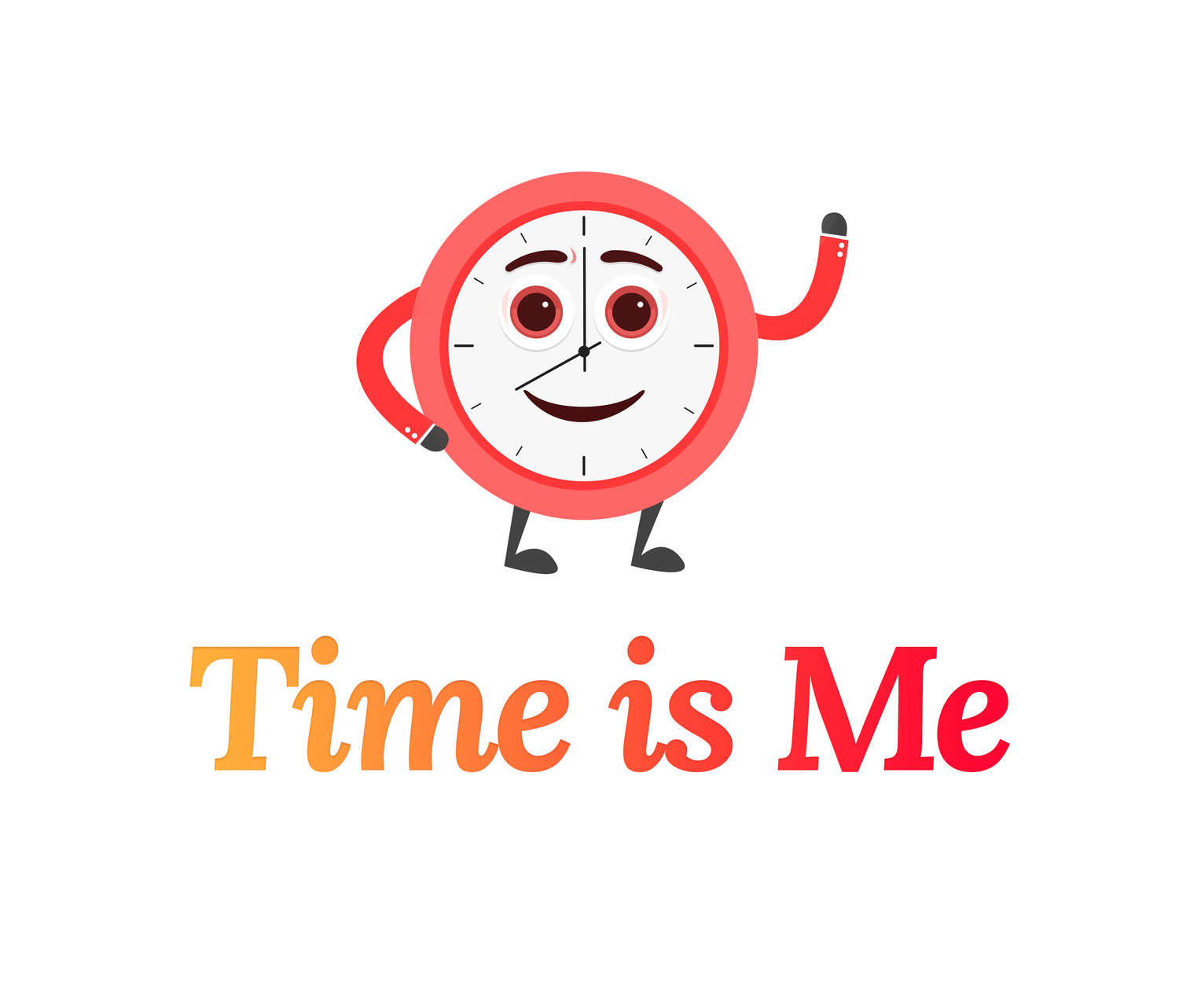Work-Life Balance has been an interest of mine for quite a while now. I have worked in various environments where the emphasis on work-life balance was different. Work life balance is not a concrete concept, it is mainly subjective. It comes to the individual who has to answer the question if their life is balanced correctly. With so many things changing and priorities shifting from day to day and throughout the day, there is no real such thing as work-life balance You will find yourself in a constant balancing act and never actually achieve it, and get stressed out trying to do so! While I do not believe there is a work-life balance solution that works for every person, I do believe there are at least some standards that can apply to everyone. This post will be a little different. I will compose two lists, one that describes first the ways work life balance can be applied to everyone, and then second the variable aspect that varies from person to person.
Work Life Balance for everyone
You can’t constantly work and expect to have success forever
You can’t not work at all and expect to be able to get by without working at all
The ratio between work and life will change constantly - can be 50/50 at some times, but there will be times to focus more on work (busy season at work, starting a new business, launching a new product/service, etc.) and other times to focus more on life (like vacation, family events, weekends, etc.)
It is always important to have priorities for each day
Examples of Variables for Work Life Balance
People have different ideas of how much they want to work. For some, work life balance is a 40 hour work-week, others it may be just working part time, while others may consider 60+ hours per week as balanced. This can also change from time to time.
Not only the quantity of time, but also what you are doing. If you are doing something you find fulfilling, a higher quantity of that activity will be possible and you still feel balanced. You may feel overwhelmed because you are in the wrong place, with the wrong people, and/or doing the wrong thing.
Sometimes you have to temporarily adjust your concept of work life balance due to demands of a job or a personal life situation.
It is possible for some people to pretty much completely ignore the concept of work-life balance completely and be content. If you are one of those people and you read this far, I thank you for at least giving it some consideration.
Work life balance is not an excuse to slack off or appear weak. It is an active choice you have to make to set up a boundary that you don’t work so much that you lack end up lacking fulfillment and burning out. There is a balance to work life balance. You have to find the balance that works best for you. If you are in a situation where someone is dictating your work life balance that make you uncomfortable, then the best you can do is do something about it.




